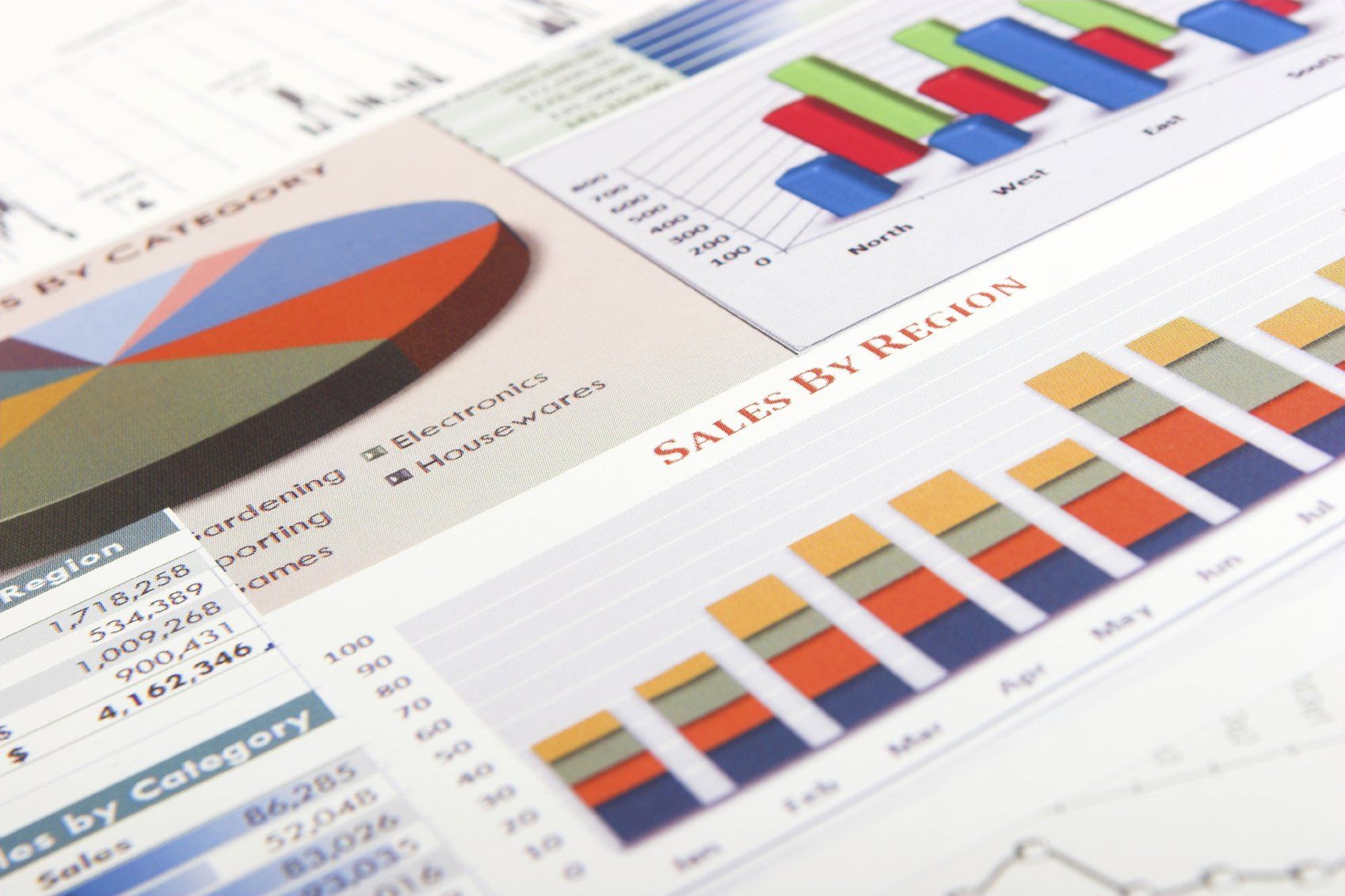The Seven Golden Marketing Insight Questions
Leveraging data analytics for strategic decisions

In the ever-evolving landscape of marketing, data analytics has become the linchpin for informed decision-making. Senior marketing executives, now more than ever, need to harness the power of data to unravel the complexities of consumer behaviour and market dynamics. This article delves into the seven golden insight questions that form the bedrock of strategic marketing, illustrating how data analytics can be pivotal in answering each.
1. Who are our customers?
Understanding your customer base is fundamental. Data analytics enables a deep dive into customer demographics, buying patterns, and preferences. For instance, clustering algorithms can segment customers based on purchasing behaviour, revealing insights into different customer groups. This segmentation helps in tailoring marketing messages and campaigns that resonate with each unique group.
2. What needs or problems do our customers have?
Identifying customer pain points is crucial for delivering value. Sentiment analysis, applied to social media data and customer feedback, can highlight issues or needs that your product or service can address. For example, a spike in negative sentiment about a specific problem can alert marketers to areas requiring improvement or opportunities for new product development.
3. How do our customers make purchasing decisions?
Decoding the customer's journey from awareness to purchase is key to optimising marketing strategies. Data analytics can track and analyse customer pathways, identifying touchpoints that most influence purchasing decisions. For example, a funnel analysis might reveal that certain marketing channels lead to higher conversion rates, guiding where to allocate resources for maximum impact.
4. What are our competitors doing?
Competitive analysis through data is critical for staying ahead. By analyzing competitors’ online presence, customer reviews, and pricing strategies using data scraping tools and AI algorithms, companies can benchmark their performance and identify areas for differentiation. For example, a comparative analysis of social media engagement rates can reveal competitors' strengths and weaknesses in digital marketing.
5. How is our market evolving?
Markets are not static, and neither should be your strategy. Trend analysis using time-series data can help predict market movements and evolving consumer preferences. By analysing historical data and current market trends, marketers can anticipate changes and adapt strategies accordingly. For instance, a sudden increase in online shopping in a specific demographic could indicate a shift in retail strategy.
6. What is our proposition (USP)?
Identifying and reinforcing your USP is essential in a crowded marketplace. Data analytics can help pinpoint what sets your product or service apart. Analysing customer feedback and purchase patterns can reveal what customers most value about your offering, which can be emphasised in marketing communications. For example, if data shows that fast delivery is highly valued, this can become a focal point of your USP.
7. How effective are our marketing strategies?
The effectiveness of marketing strategies is not just about intuition; it's about measurable outcomes. Advanced analytics tools can evaluate campaign performance across various channels, providing insights on engagement, conversion rates, and ROI. A/B testing can compare different marketing approaches, fine-tuning strategies for optimal results.
In conclusion, the intersection of data analytics and marketing is where strategic insights are born. By effectively answering these seven golden insight questions, senior marketing executives can steer their organisations towards data-driven success, ensuring that their strategies are not only reactive but predictive and proactive in nature. Remember, in the age of information, data is not just a resource; it’s the cornerstone of innovative marketing strategy.










